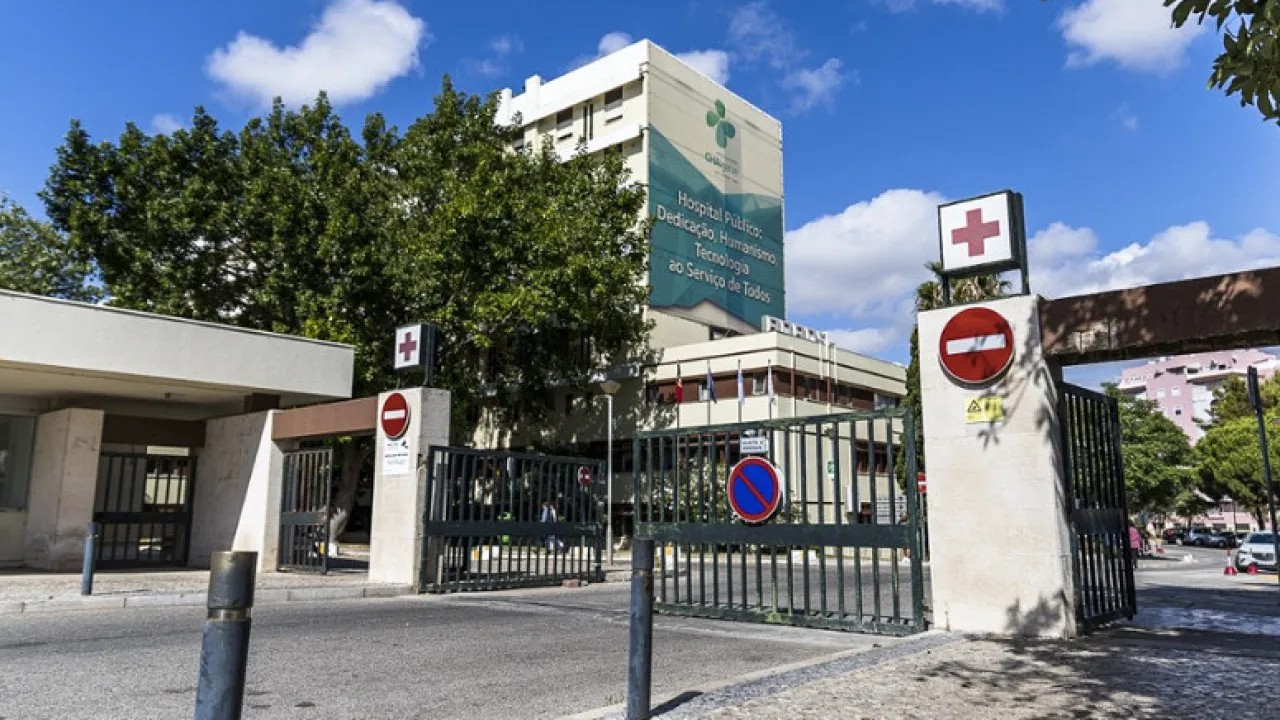
Accumulation of nearly a dozen ambulances at Faro Hospital’s emergency department, as they awaited patient admissions and stretcher availability, was observed on Wednesday. The hospital administration responded to inquiries by stating that measures are being implemented to alleviate the current constraints.
“In recent days, we have experienced unusually high peaks of ambulance arrivals at the Faro Hospital Emergency Service, which indicate more complex cases, leading to some delays in service due to the need to accommodate patients,” explained the Algarve University Hospital Center (ULS) in a written response.
The Algarve health unit noted that the “Clinical Directorate is implementing various measures to reduce existing constraints,” but did not specify further details.
A representative from the the Nurses Union (SEP) in the Algarve highlighted that there has been a “high influx” at ULS Algarve facilities, including Faro, Portimão, and Lagos hospitals, noting that this is an annual trend in the summer without the necessary precautionary measures, such as hiring additional staff.
Alda Pereira from the SEP in the Algarve pointed out that the region experiences a sharp population increase during the summer, and health services, already operating with fewer personnel than planned, struggle to respond as promptly as expected.
“At this time, the population can even triple or quadruple, and the Summer Plan is not safeguarding these situations,” she stated, emphasizing that some departments reach out to the union due to lacking nurses to work because of a shortage of human resources.
The SEP official highlighted that the emergency services, which should have over 80 professionals, only have around 70, and similar shortages are seen in other services and professions, like doctors and operational assistants.
Due to the lack of staff and high influx, there is increased fatigue, leading some professionals to leave services or suffer burnout, further reducing the available workforce.
The high influx, combined with the staff shortage, results in “increased waiting times” and “inefficiency in assessment times for patients.”
“Despite efforts to hire nurses through open recruitment, it is not enough, as motivating professionals is also essential,” said Alda Pereira, pointing out that this situation “reflects on everything else.”
Attempts to reach medical union representatives were unsuccessful.




